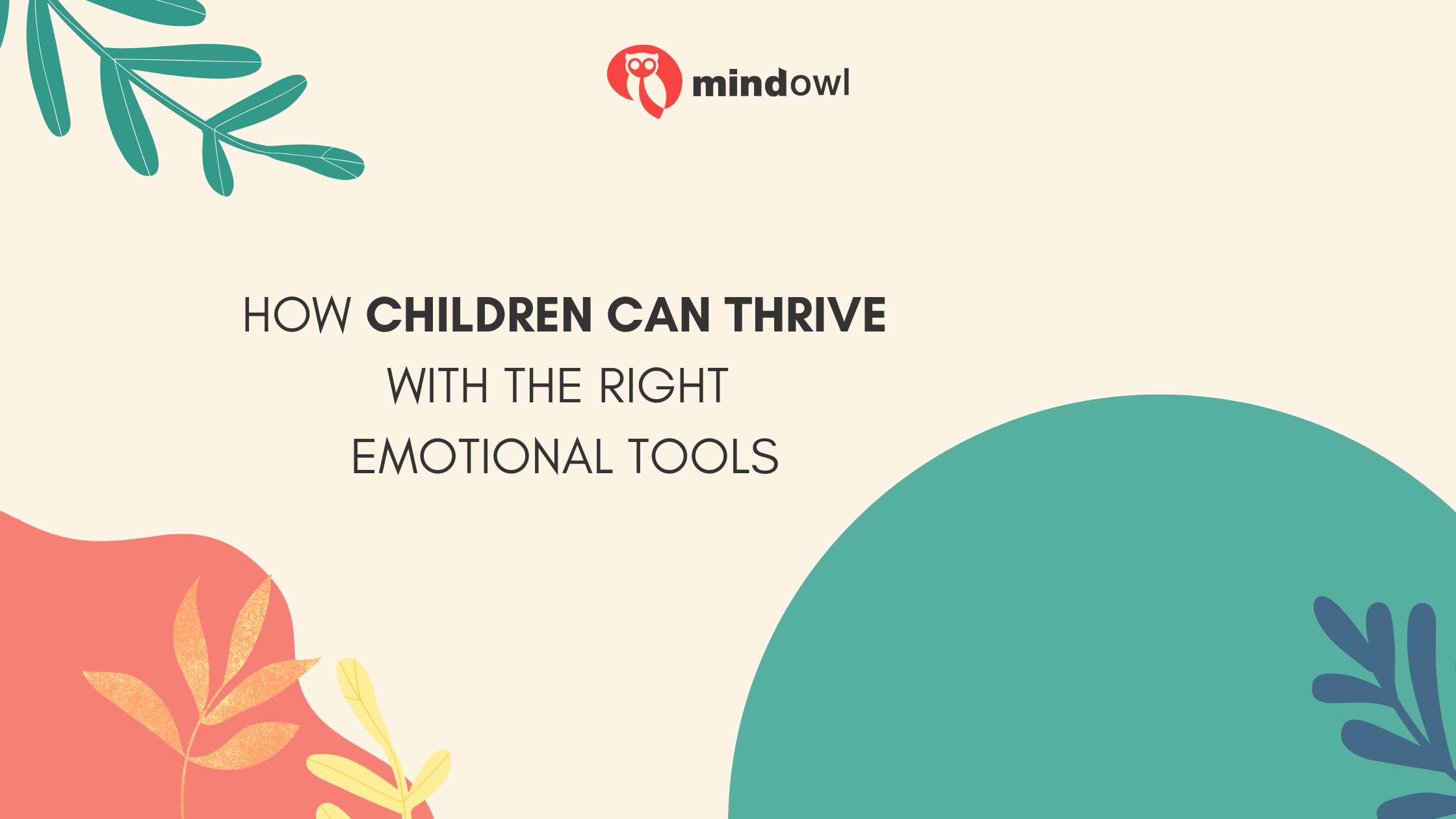Building emotional strength is a must for children’s development. As they navigate their early years, kids face myriad challenges that can impact their emotional well-being. Understand the tools that can help children handle these emotions effectively to build resilience.
By equipping them with emotional resources, parents, educators, and caregivers can pave the way for children to flourish both socially and academically. In this journey, you will recognize the importance of emotional literacy and take advantage of professional support systems.

Image source: https://unsplash.com/photos/woman-hugging-boy-on-her-lap-KQCXf_zvdaU
Therapeutic Approaches for Emotional Development
In some cases, children may benefit from professional support to develop their emotional skills. Therapy is designed to help kids express their feelings and deal with emotional challenges. Look for the right child therapy methods in your area and see how these approaches can help your children. Play therapy uses toys and games as a medium for children to express their feelings non-verbally, making it easier to address complex emotions. CBT helps children identify irrational thoughts and learn coping strategies to manage their emotional responses. These professional interventions can complement a child’s emotional development at home by reinforcing skills learned in therapy.
With the help of trained therapists, children receive suitable support tailored to their individual challenges. Parents involved in these therapeutic processes can learn together with their children and have a better understanding of their children’s situation.
Emotional Intelligence
Emotional intelligence (EI) is the ability to understand and manage emotions and recognize those of others. For children, developing EI is a part of their social and personal lives. Children with high emotional intelligence can express their feelings and understand the emotions of their peers, building better relationships.
When a child learns to identify their feelings, they are better equipped to cope with stressful situations. This skill translates into improved performance in academics and teamwork. Encouraging discussions about feelings can promote higher emotional awareness and cultivate a supportive environment where children feel good about expressing themselves. Through playful activities or storytelling, adults can introduce concepts of emotional intelligence to young children.
Building Resilience Through Challenges
Resilience is a valuable trait that allows children to recover from setbacks. It teaches children how to face challenges and develop coping strategies. The most practical way to build resilience is by allowing children to engage in problem-solving activities. Instead of shielding them from difficulties, guide them when they encounter issues, and make them understand that challenges are part of life.
Parents and educators are those who model resilience through their reactions to setbacks. Demonstrating a positive attitude and problem-solving approach can inspire children to imitate these behaviors. Celebrating small achievements instills confidence and encourages persistence, reinforcing that perseverance is possible. Cultivating an environment where failures are seen as learning opportunities rears resilient individuals who can better navigate life’s hurdles.
Open Communication
Open communication impacts children’s emotional growth. Children should feel safe and valued when they share their thoughts and feelings. Parents can encourage this environment by actively listening and validating their child’s feelings without judgment. This approach reinforces the importance of sharing emotions and allows children to articulate their experiences effectively. Asking open-ended questions can encourage them to express their thoughts and feelings more openly.
Discussing emotional situations portrayed in stories or media can provide an avenue for children to explore and express their emotions beyond personal experiences. The less children fear talking about their feelings, the more equipped they will be to manage their emotions in different scenarios.
Healthy Coping Mechanisms
Helping children develop healthy coping strategies contributes to their emotional well-being. Mindfulness and meditation can improve a child’s ability to regulate emotions. Teaching children breathing exercises or grounding techniques provides them with tools they can utilize in tense situations.
Physical activity can alleviate stress and promote positive moods. Art and music are excellent outlets through which children can express emotions creatively. These fun activities help children cope and give them a sense of accomplishment and joy. Teaching children to recognize triggers for anxiety or anger and respond with these strategies can build self-awareness and emotional strength.
Supportive Environment
The environment in which a child grows has a massive role in their emotional development. A supportive environment consists of close family ties, peer relationships, and a nurturing educational setting. Parents and caregivers should nurture a loving atmosphere that emphasizes acceptance and respect for emotions. In schools, positive relationships among students encourage collaboration, empathy, and understanding.
Peer support can be a buffer against emotional difficulties. Participation in group activities or team sports can improve children’s social skills and promote their emotional development. Teaching kids about empathy and understanding differences cultivates social awareness and more compassionate communities.

Image source: https://www.pexels.com/photo/father-and-daughter-painting-a-cardboard-house-together-3933227/
By integrating emotional intelligence, resilience, open communication, and professional support, caregivers can improve a child’s ability to thrive. Encouraging healthy coping mechanisms and cultivating a supportive atmosphere is equally necessary in their emotional journey. The impact of these elements can result in improvements in children’s mental health and social skills.
MindOwl Founder – My own struggles in life have led me to this path of understanding the human condition. I graduated with a bachelor’s degree in philosophy before completing a master’s degree in psychology at Regent’s University London. I then completed a postgraduate diploma in philosophical counselling before being trained in ACT (Acceptance and commitment therapy).
I’ve spent the last eight years studying the encounter of meditative practices with modern psychology.

